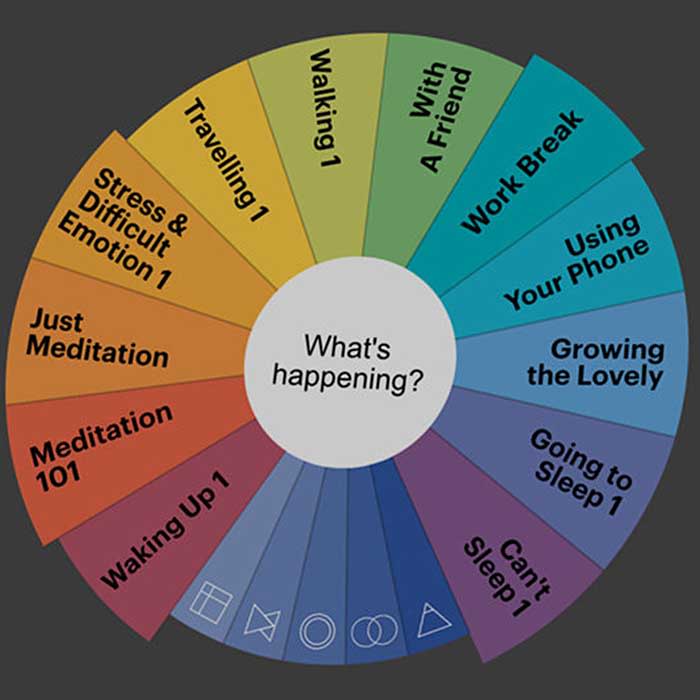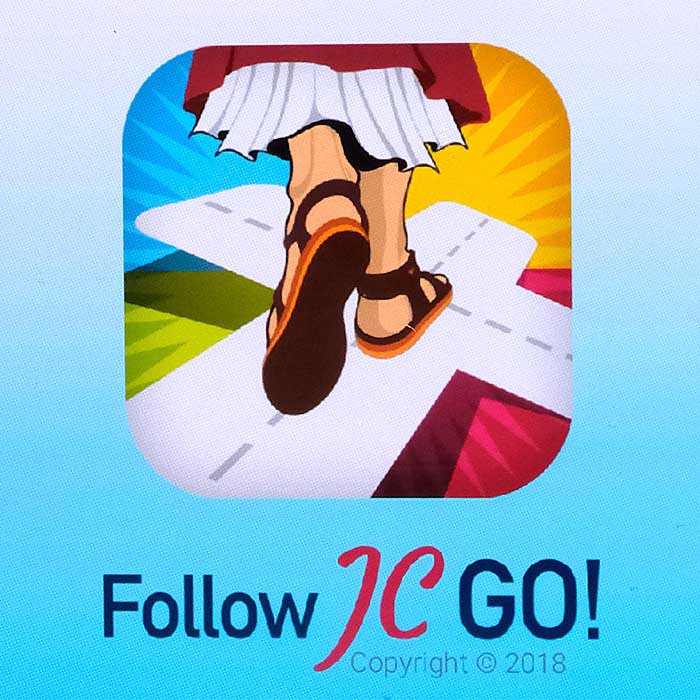The Vatican is praying that this year’s must-have Christmas gadget will not be an Apple Watch or Kindle, but rather its eRosary device.
The £99 bracelet, which is activated by making the sign of the cross with it, is aimed at tracking a devotee’s progress through a range of prayers and is accessed using an app called Click to Pray. It even doubles as a fitness monitor, tracking the wearer’s steps, location and calories burnt.
In increasingly secular western societies, technology and religion may seem at odds. Since 1993, for example, the number of Britons who think “we believe too often in science and not enough in feelings and faith” has fallen from 43 per cent to 27 per cent, according to the British Social Attitudes annual survey.
Some organised religions, however, are using technology to interact with communities in an attempt to forge connections between devotees and fuel engagement. Religious education, relationships, habits and knowledge are being transformed as social media allows laypeople to network with clerics and other religious figures.
In September, Pope Francis addressed a conference at the Vatican on the “Common Good in the Digital Age”, saying that “a better world is possible thanks to technological progress, if this is accompanied by an ethic inspired by a vision of the common good”.
Hugh Davies, a researcher of technological history at the Royal Melbourne Institute of Technology, says organised religion has long embraced technology. Through evangelising and proselytising, religion has used media technologies, employing the best sculptors, architects, painters and musicians to produce spectacles that captivate the masses, he says.
“If we think of technology as using science and engineering to solve problems and of religion as belief in all powerful supernatural forces, there is ample historical evidence of religion and technology being inseparable.”
The Pope’s Worldwide Prayer Network, the pontifical missionary that launched Click to Pray, considers “technology-based pedagogy” an opportunity to broaden Catholicism’s reach among young people.
Meanwhile, Fundación Ramón Pané, a Catholic evangelical group, last year launched Follow JC Go!, a Christian take on the Pokémon Go mobile game. Players “catch” saints and biblical characters, with the aim of forming an “evangelisation team”.
Other faiths are being encouraged to develop their digital side. “Islam and, in general, other religions, should not be opposing technology. They should embrace it and take it as an opportunity to adapt their respective religious values,” says Ahmad Fairiz, founder and chief executive of Recite Lab, a Kuala Lumpur-based group whose app helps Muslims with reciting the Koran.
He believes digital advances can clarify some of the misconceptions attributed to religious traditions.
Religions with dwindling numbers and small communities have turned to networking and dating apps in an effort to salvage ancient traditions. In 2016, Indian model and actor Viraf Patel launched Aapro, a social connectivity app for followers of Zoroastrianism, a Parsi monotheistic faith.
Religious dating websites are widespread across many faiths. Muzmatch, a UK-based matchmaking app for Muslims, has more than 1.5m users in 210 countries, and has received $7m of funding from US hedge fund Luxor Capital and Silicon Valley-based accelerator Y Combinator.
Rotem Ben David, an Israeli lawyer, says she met her husband on JSwipe while studying at Temple University, Philadelphia. Founded in 2014 and aimed at Jewish singles, the app now has more than 1m users and is owned by Berlin-based global dating company Spark Networks, whose portfolio includes similar apps such as Christian Mingle.
Ms Ben David originally downloaded the app to build a community to celebrate holidays with but, “being from different circles”, she wouldn’t have known her future husband even existed. For her, it was important that he be Jewish. “That’s something my family told me from childhood,” she says.
Advances in religious technology are not without their pitfalls, however. Within a week of its release in October, security flaws were uncovered in the eRosary device. Fidus Information Security, a UK security group, extracted customer data such as email addresses, phone numbers and body measurements. The Vatican says the problems have been resolved.
Digital technology can also be used to limit religious freedom. In the north-western Chinese province of Xinjiang — home to the country’s Uighur Muslim ethnic minority — authorities have installed an array of surveillance technologies including facial-recognition cameras and smartphone tracking. Human rights groups say the monitoring technology is aimed at suppressing Uighurs, an estimated 1.5m of whom are being held in detention camps in the region.
Despite these challenges, religions will continue to expand their use of technology, says Mr Fairiz. “Progress in technology is inevitable,” he says. “It is a solution to the disconnection with religion in today’s society.”
Religious apps
Muzmatch
An Arab and Muslim-focused dating app, Muzmatch emphasises the importance of pairing partners who share similar cultural or religious backgrounds. The app says it has helped more than 1m singles find love across Asia, Europe and the US.
Kosher GPS

Operating in parts of Europe and North America, the Kosher GPS app helps users find a kosher restaurant or local mikvah purification bath when travelling. The app also highlights deals and discounts offered in the area.
Buddhify

Tibetan Buddhists have employed prayer wheels for more than 1,500 years. The Buddhify app offers a modern take on prayer by guiding customisable meditation on a smartphone. It offers more than 80 written and voiced teachings that each last from four to 30 minutes.
Follow JC Go

The smartphone game aims to make Christian learning fun and interactive by allowing players to form an “Evangelisation Team” made up of friends and biblical characters. It utilises GPS, trivia and a messaging service to encourage pilgrimage to religious sites and events.














